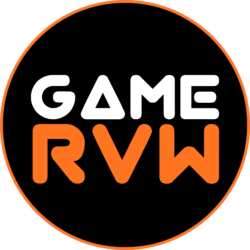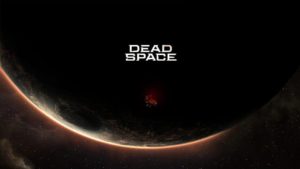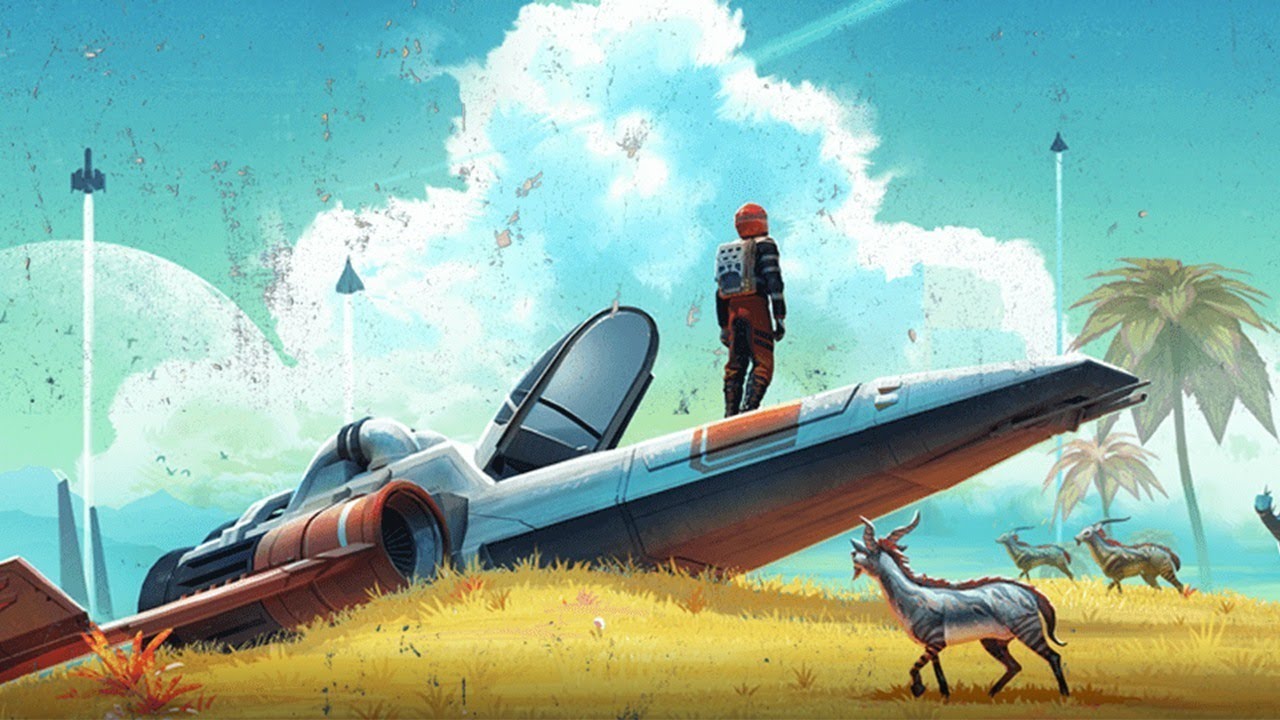
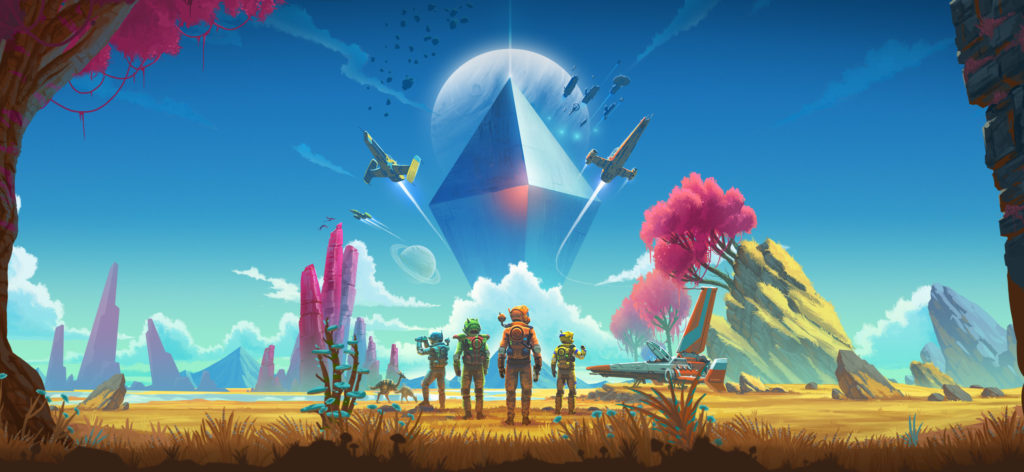
Hello Games has done what few studios do; they’ve taken a poorly-received title and morphed it into a great one with much time, effort, and difficulty. No Man’s Sky was first released on August 9th, 2016, where it debuted to middling reviews and a hype backlash with a magnitude that could rival Batman V Superman’s. It was a title that (literally) reached for the stars: a massive universe to explore, with 18 quintillion planets, procedural terrain, flora, fauna; each world you landed on giving you an entirely new experience. As many of us know, it didn’t quite meet these expectations. Both community expectations and corporate miscommunication and falsehoods from Hello Games led to a release that was one of the biggest disappointments in gaming history.
No Man’s Sky was an ambitious project; cooked up in the mind of Lead Director Sean Murray. The game is meant to be a love letter to classic sci-fi, with worlds, technology, and aliens that evoke earlier pulp space novels and film. Particular inspiration can be seen in the environmental design; a typical planet might look like any given Asimov or Clarke novel cover. To evoke the fundamental themes of science fiction, an exploration-based game is a logical choice.
As development ramped up, the game became a popular discussion topic thanks to extensive promotion by Sony. Just as Star Wars: The Old Republic was meant to bring in a paradigm shift to the MMO genre, No Man’s Sky was hyped to be a return to form for the space game genre, which had been on the decline for some time. Hello Games’ communication did little to moderate this level of anticipation, which only led to disaster when release came.
After the game’s release demonstrated that many of the game’s promised features were absent, many of Sean Murray’s past statements became infamous. Entire reddit threads were dedicated to demonstrating his miscommunication and falsehoods, with every interview of his coming under intense scrutiny. The biggest point of contention was a promise of multiplayer from Murray. The game featured no way to interact or see other players at launch, a major disappointment for those looking to explore the universe with their friends. Because of the poor communication on the part of Murray and Hello Games, player retention further suffered due to the perception that No Man’s Sky was a game built by liars.
Now, my personal impression of Sean Murray is not that he’s a devious scammer with the intent to pull a fast one on video game fans. Instead he seems like an earnest guy who is far too eager to please; a small-time developer who made it big and did not understand the nuances of outreach and marketing. As a result, the man made promises that his game could never live up to. However, whatever his character or intent, he lied.
After the 9th, the situation for the game and those involved worsened. Rumors of internal strife at Hello Games spread like wildfire. Every other tweet or reddit post was a joke about No Man’s Sky. A tweet reading “No Man’s Sky was a mistake,” sent from the (apparently hacked) official Hello Games twitter account, fed the angry masses with further material for mockery. Just as the backlash against Star Wars: Battlefront II dominated gaming discussion in late 2018, No Man’s Sky became the punching bag of the industry.
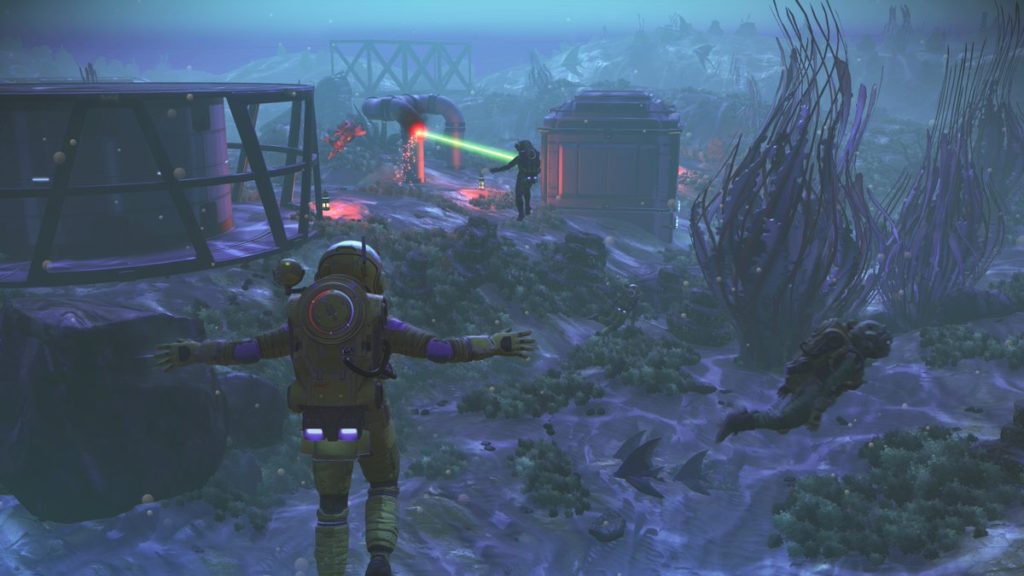
Most developers would throw in the towel at this point. But the studio was just beginning; Hello Games was eager to make a name for themselves. On top of that, they still had a fanbase particularly dedicated and eager for the type of game that No Man’s Sky represented, albeit one that had shrunk in the aftermath of the release. So, they had a foundation, and were presented with an opportunity to redeem themselves. As we all know, it paid off.
Hello Games locked down and focused on making No Man’s Sky the game they promised and planned for pre-release. The studio went silent for some time, finally reemerging with news on their first major update: fittingly titled Foundation. The update came with loads of fixes and new features; the big focus being on base building and freighter purchasing. A basis for a bright future for No Man’s Sky was beginning to form.
After Foundation, Hello Games once again went silent; seems that they learned the hard way about being overeager with communication. Pathfinder, patch 1.20, added ground vehicles, new modes, new social features, and much more. Atlas Rises soon followed, bringing with it the game’s biggest update yet. From terrain manipulation to surface flight, from pseudo-multiplayer to a brand new storyline, the Atlas Rises update practically overhauled the game.
Once again, No Man’s Sky was back in the public spotlight. This time, however, the coverage was much more positive. Gamers were warming up to the title, journalists commending the studio for turning around and making the very best out of a bad situation. Even some of the biggest detractors were impressed with the new features and fixes.
Hello Games followed up with their strongest showing yet: NEXT; which added full multiplayer with proper interactivity, new world generation, textures, crafting recipes, building pieces, race tracks, and much more. This was the update that players had been waiting for ever since the game was first detailed. Exploring a massive universe with your friends, designing sprawling collaborative bases, and taking the fight to space in multiplayer dogfights. The game that many had dreamed of had finally arrived, at least in an alpha state.
There is still much that Hello Games can do. Guilds, large-scale battles, player-created missions, social hubs (developer or player-made) and features, this is just the beginning of what No Man’s Sky could feature. However, with all of that said, the effort Hello Games has put into the game is impressive. They could have cut their losses and begun work on their next game, and honestly, knowing this industry, it still would have sold well despite their reputation. Instead they pushed themselves to the limits, with Murray finding a new studio space and bringing on dozens of new employees to work on bettering the game.
And their reward for all of this effort? A huge surge in sales, and over 100k concurrent players in the week following NEXT. The industry is abuzz with talk about how Hello Games and Sean Murray are a model comeback story. And more importantly, this shows that there is a proper place for pro-consumer publishers and developers in the industry. More cynical commentators would say that gamers will buy an anticipated game no matter how overpriced it is, or how infested with micro-transactions it is. And this may be somewhat true. But on the flip side, consumers will reward a developer that cares and acts in their best interests. The potential for profits and goodwill from the gaming community is much higher if you are on the side of the players.
Sean Murray shouldn’t be let off the hook for his misleading and false statements. Hello Games shouldn’t get a free pass for the disappointment that was the original release. However, we can all acknowledge the fact that they took their criticism to heart and sought to correct their mistakes. For that, they deserve praise.
